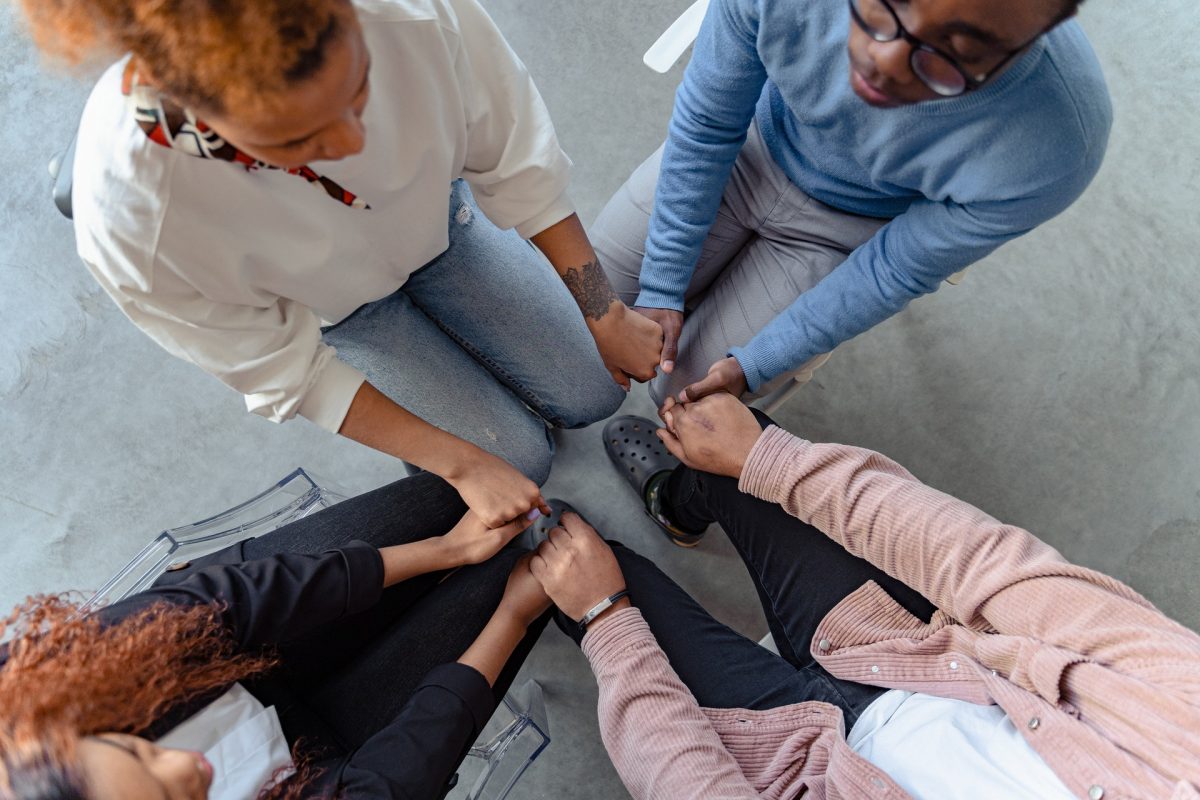By Ashley Barnes
What is National BIPOC Mental Health Awareness Month?
National BIPOC Mental Health Awareness Month has been observed during the entire month of July since 2008 with an effort to bring attention to the multitude of mental health challenges that affect BIPOC (Black, Indigenous, People of Color) groups.
The effort was developed by Mental Health America to bring light to the communities’ concerns and traumas which tie into their mental health experience, noting the historical marginalization, prejudice, and stigmatization that still impact the BIPOC community today.
BIPOC Mental Health.
According to Mental Health America, 6.8 million Black/African Americans, 8.9 million Latinx/Hispanic Americans, 2.2 million Asian Americans/Pacific Islanders, and 830,000 Native Americans are reported to be living with mental illness; further, people who identity as being two or more races are most likely to report any mental illness within the past year than any other race/ethnic group (2021). Studies have indicated that race-related trauma that BIPOC communities face serves as a major risk factor in the development of mental and substance abuse issues, such as depression, anxiety, post-traumatic stress disorder (PTSD), and substance abuse.
As previously described, BIPOC mental health is heavily influenced by historical and current marginalization as well as race-related trauma. Mental Health America describes racial trauma, “or race-based traumatic stress (RBTS)” as the “mental and emotional injury caused by encounters with racial bias and ethnic discrimination, racism, and hate crimes.”
Seeking care.
Receiving care from mental health professionals who are knowledgeable about BIPOC concerns and who are culturally competent makes for a positive, inclusive treatment experience. Often, patients seek care from psychiatrists or therapists who share similar aspects of their identity with them such as race and ethnicity.
Mental health professionals often share their specializations, experience, and important aspects of their identity on company websites, social media, and on platforms such as Psychology Today. At the Mental Health Center, we cherish our diverse staff and physicians. If you are seeking help, please contact us to see one of our culturally sensitive psychiatrists today.
Resources.
- Therapy for Black Girls – an online space dedicated to encouraging the mental wellness of Black women and girls, including a free podcast aimed at making mental health topics accessible.
- Liberate – Free meditation app designed specifically for the BIPOC community and led by BIPOC teachers.
- Racial Trauma Guide – a virtual guide on coping with racial stressors and being an ally, developed by the EMPOWER (Engaging Minorities in Prevention Outreach Wellness Education & Research) Lab at the University of Georgia.
- Southeast Addiction Center – This guide offers a list of the top 50 resources to support Black Men who are struggling with addiction or mental illness.
- Live Another Day – Live Another Day believes in equal access to life-saving mental health and substance use resources. This website provides extensive information on the best resources available.
- Detox Local – An excellent resource that features abundant information including mental health and substance use resources specifically for the AAPI (American Asian and Pacific Islander) community.
Reference
Mental Health America. (2021). Bipoc Mental Health. Mental Health America. Retrieved December 30, 2021, from https://www.mhanational.org/bipoc-mental-health


